Having found its sovereignty in 2002, Timor-Leste is one of the world’s youngest countries. As the country finds stability, the development of the agriculture sector is rapidly becoming an important pillar for the structural transformation of the country’s economy.
Timor-Leste currently faces enormous economic upheaval, as its oil reserves begin to run dry. In its place, coffee is set to become that nation’s most vital export. In Timor-Leste, our partner's work is currently focused in the municipality of Ermera. One of thirteen municipalities in the country, it is home to the largest coffee production volumes, whilst almost 60% of the municipality's population lives below the poverty line. Coffee is Timor-Leste’s most important crop, and with the end of oil income, improving the coffee sector is of critical importance. Coffee is the second-highest earner for the country after oil, with 37% of households dependent on coffee for income.
However, productivity is extremely low, alongside profitability which is both low and volatile. This is because almost all coffee is sold in the commodity market for a discounted C price. Globally, our partners use a framework to compare options of where and how we work in terms of potential for economic and social impact. We met with groups of producers in villages across Atsabe to hear about how the coffee market has served them in recent history.
1 Sustainably raising and maintaining the quality of Atsabe’s coffee predictably above 80 points.
2 Connecting with those roasters who want to commit long-term.
3 Systematically solving the diverse challenges laying along the path to selling in the specialty market; financial, legal, cultural, infrastructural, technical, etc.
The first custom wet mill and processing centre in Timor Leste was built in April 2018, in Atsabe, Ermera. All designed in-house, this processing centre uses gravity to move coffee through the stages, no double handling, and no unnecessary machinery. They drew upon their experience working in many other coffee-producing countries to combine elements that would most likely improve Ermera’s coffee quality given the unique set of challenges facing the region. Each section of the plan uses materials that are local and readily available.
The Atsabe wet mill serves as a central hub for processing the cherry of the producers we work with across the Ermera municipality. Sitting at 1400 MASL, the wet mill has served not only as a place to purchase, process, and dry cherry, but as a meeting point for the village chiefs and neighbourhood leaders, and Raw Materials. Expanding the reach of specialty coffee as a viable option for profitable returns includes the importance of training. The Atsabe Wet Mill has successfully served as the hub for training courses in cultivation, picking, and processing for local producers.
We are excited to present you coffees from the Suco (village) of Raimutin. Cherry from Raimutin, is collected daily and processed at the Atsabe wet mill in Baboe Kraik, situated at 1400MASL.
During the building of the Atsabe Community Wet Mill, it was important to consider the best practices that could be applied to the drying stages of coffee processing. Pulling on the collective knowledge from the managers of the producing countries of the Raw Material team, we were able to hybridise our drying beds.
A combination of raised African beds, bamboo sheet beds from Timor-Leste, and stackable smaller beds from Colombia ensured that our drying methods played on the strengths of many schools of thought at one station.
Stunning clean golden honey processed coffee, exceptional natural sweetness with notes of milk chocolate, hints of vanilla, and our first-ever descriptor of “cappuccino”!! Medium body with a long lingering finish.






